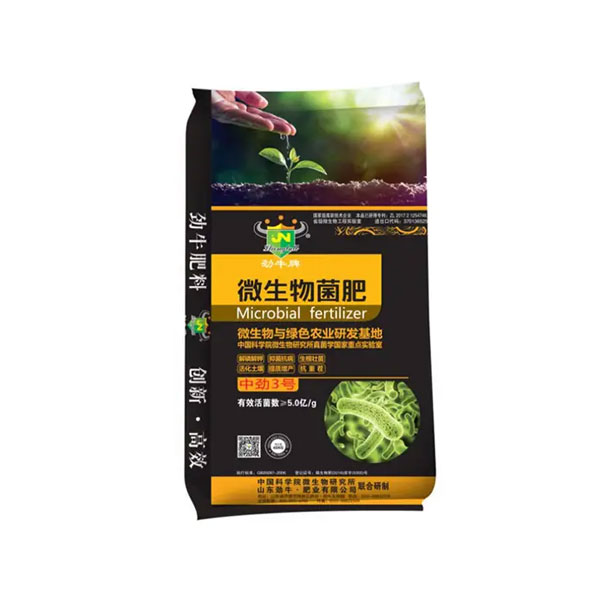When should microbial fertilizer be fertilized?
Microbial fertilizer is a fertilizer that uses microorganisms to promote plant growth and improve soil fertility. When choosing the appropriate fertilization time, we need to consider the relationship between microbial activity and plant growth, and determine the timing of fertilization in combination with specific cultivation species and soil conditions.
Generally speaking, the fertilization timing of microbial fertilizer can be divided into four stages: early spring fertilization, growth period fertilization, fruiting period fertilization and leaf defoliation period fertilization.
Fertilization in early spring refers to the application of microbial fertilizer when the plants are just beginning to grow. During this period, plants are in the budding stage, and microbial fertilizer can help plants absorb nutrients better and promote plant growth. Especially for weak seedlings and vegetables sown in early spring, fertilization in early spring can increase their growth rate and improve disease resistance.
Fertilization during the growth period is an important stage of plant growth and development, and it is also the main period of microbial fertilizer application. Generally speaking, during the vigorous growth period of plants, such as summer and autumn, the application of microbial fertilizer can make the plants full of vitality, increase disease resistance and increase yield. At this time, the soil temperature is higher, which is conducive to the reproduction and activity of microorganisms, and can improve the effect of microbial fertilizer. However, it should be noted that when the temperature is high in summer, the amount of microbial fertilizer should be applied in an appropriate amount to avoid excessive fertilization that will lead to salt accumulation and soil acidification.

Fertilization during the fruiting period refers to the application of microbial fertilizers when the plants enter the fruiting stage. At this time, the plant has formed flower buds or fruits, and needs more nutrients to support the growth and development of the fruits. Microbial fertilizer can provide rich nutrients, and can increase the fertility of the soil, helping to improve the yield and quality of fruit. Therefore, when the fruit trees bear fruit, the microbial fertilizer can be applied in an appropriate amount to promote the growth and development of the fruit.
Fertilization during defoliation is when the plant is going dormant or falling. During this period, the plants will shed their leaves and go dormant. Microbial fertilizer can release organic matter and nutrients by decomposing littered leaves and plant residues to supply plants for the next year's growth. Applying microbial fertilizer during this period can accelerate the decomposition process of organic matter, improve soil fertility, and provide nutrients for growth in the coming year.
In addition to the above four stages, according to the needs of different crops and soil conditions, microbial fertilizers can also be applied in other specific periods. For example, for phosphorus-deficient soils, phosphorus-rich microbial fertilizers can be applied in autumn or early spring to help increase soil phosphorus content and promote plant growth.
In general, the fertilization timing of microbial fertilizer should be determined according to factors such as crop growth stage, soil conditions and nutrient requirements. Reasonable fertilization time can promote the reproduction and activity of microorganisms, increase the nutrient absorption of plants, improve soil fertility, and thus obtain better yield and quality.



